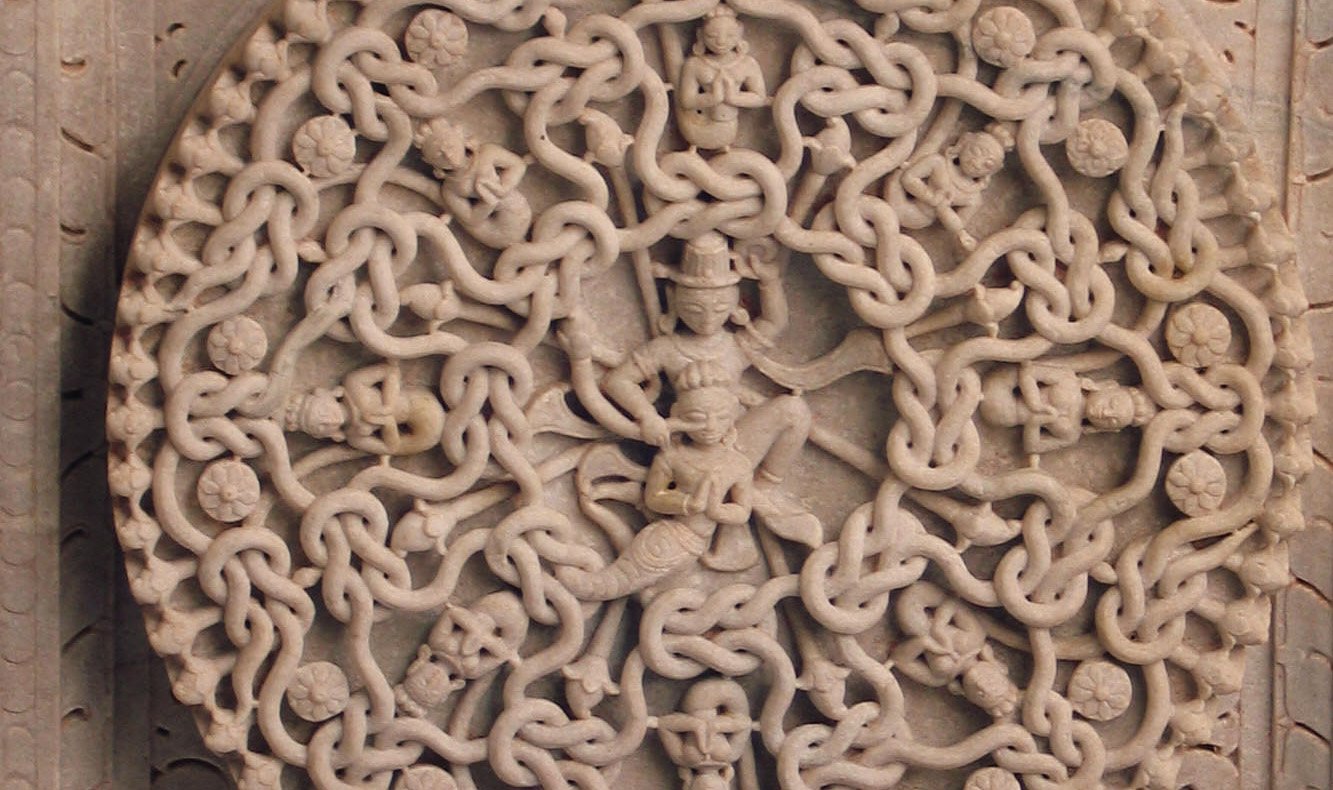




The Global Acclaim of Nonviolence in Hinduism: Early Factors
Over a century ago, Mahatma Gandhi inspired the world with a new mass means of liberation of the oppressed. His primary motivation arose from the virtue of nonviolence (ahiṃsā in Sanskrit). It served him to humanely liberate India from British rule. However, this ethical virtue stirred the country long before neo-Hinduism. It was a significant meditative practice and prerequisite for religious life back in ancient times. This research is the last one in the series. It briefly presents evidence from different periods produced by a host of systems exchanging the ideas—on nonviolence.
Read more “The Global Acclaim of Nonviolence in Hinduism: Early Factors”

The Liberation of the Self in Indic Traditions
Brahmanism, Jainism and Buddhism are traditions indigenous to ancient India; while they share common origins, they developed distinct worldviews and methodologies. The purpose of this research is to explore their historical, semantic and doctrinal development and demonstrate links between their meditation systems. This second part of the series is centred around the exchange and divergence of the concept of liberation, and its corresponding beliefs and practices.





